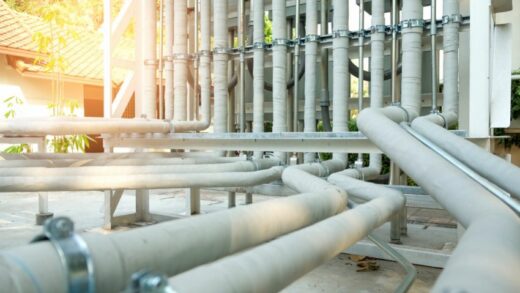The negative impacts of humans on the environment have been a major concern for decades. Human activities have caused significant damage to the planet, resulting in climate change, deforestation, loss of biodiversity, and pollution. These negative impacts have not only affected the environment but also the well-being of humans and other living beings.
In this article, we will discuss the various negative impacts of humans on the environment and explore ways to reduce our impact on the planet. We will look at the causes, effects, and potential solutions to the problem of human activities on the environment.
Negative Impacts of Humans on the Environment
Pollution and its Effects on the Environment
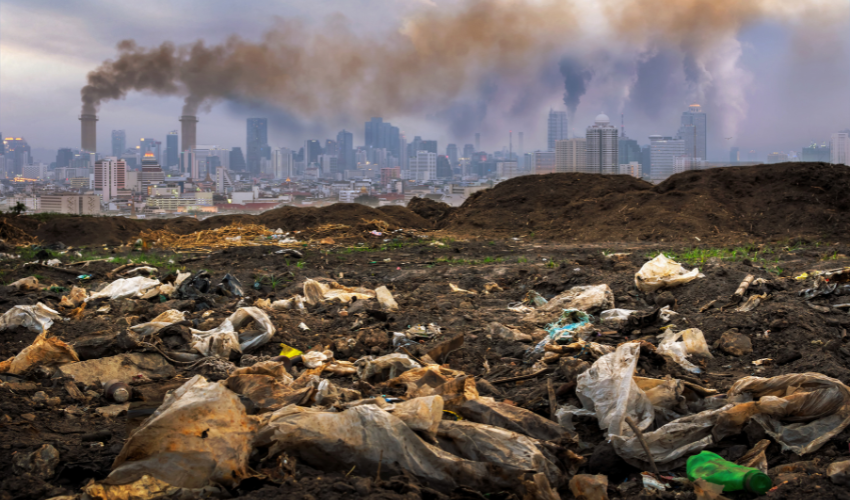
Human activities have caused widespread pollution of the air, water, and soil, leading to serious health problems for humans and other living beings. The emission of greenhouse gases, mainly carbon dioxide and methane, from human activities like transportation, industrial processes, and deforestation, contribute to climate change and global warming. Moreover, air pollution caused by human activities such as burning of fossil fuels, industrial processes, and waste disposal, has resulted in respiratory diseases, heart diseases, and premature deaths. Water pollution from industrial waste, agricultural runoff, and sewage discharge, has contaminated water bodies, leading to water scarcity and diseases like cholera and typhoid.
Climate Change and Global Warming
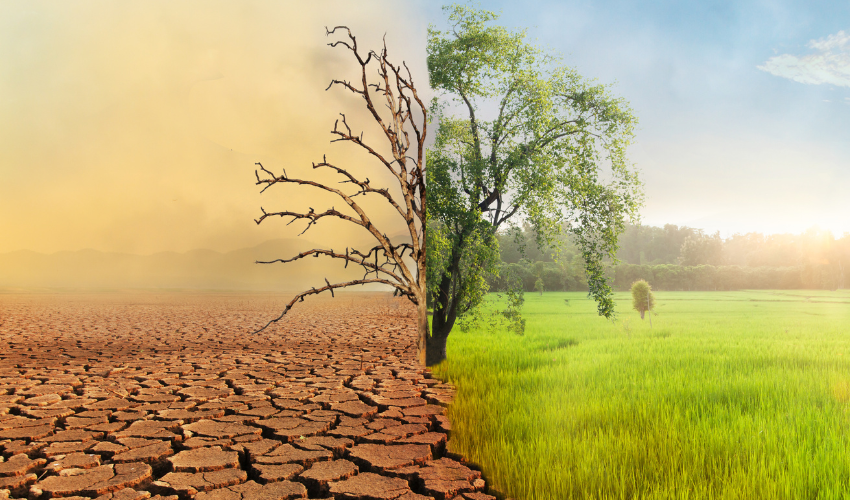
Human activities are the main cause of climate change and global warming, which are causing profound negative impacts on the environment. The emission of greenhouse gases, particularly carbon dioxide, from human activities, is the primary cause of the observed rise in global temperatures. Climate change is causing melting of glaciers, sea-level rise, more frequent and intense weather events like droughts, floods, heatwaves, and storms. These changes have far-reaching consequences on ecosystems, biodiversity, agriculture, and human health.
Deforestation and its Consequences
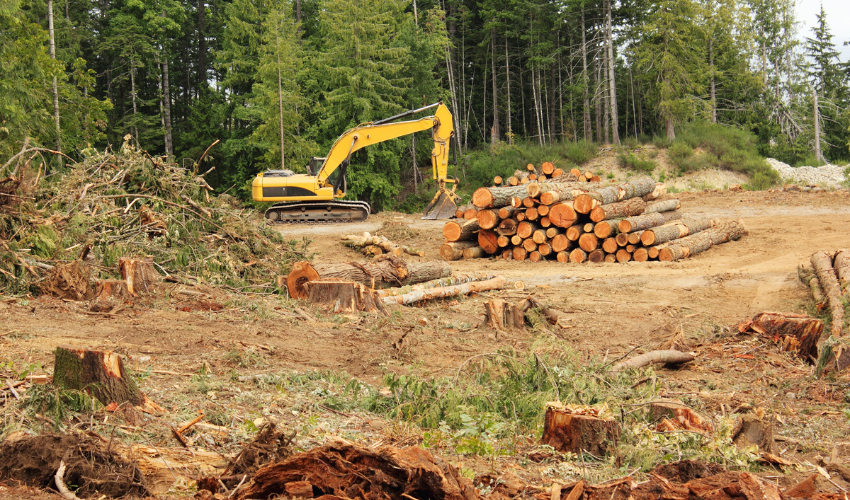
Deforestation is one of the most significant negative impacts of humans on the environment. Human activities such as agricultural expansion, urbanization, and logging have caused widespread deforestation, leading to soil erosion, loss of biodiversity, and climate change. Deforestation has also led to the destruction of habitats for animals and plants, which has increased the risk of extinction of various species.
Loss of Biodiversity
Human activities are responsible for the loss of biodiversity, which is essential for the functioning of ecosystems and the provision of various ecosystem services. Habitat loss, pollution, and overexploitation of natural resources have caused the extinction of many species and the decline of others. The loss of biodiversity has far-reaching consequences on human health, agriculture, and the economy.
Soil Degradation and its Impact
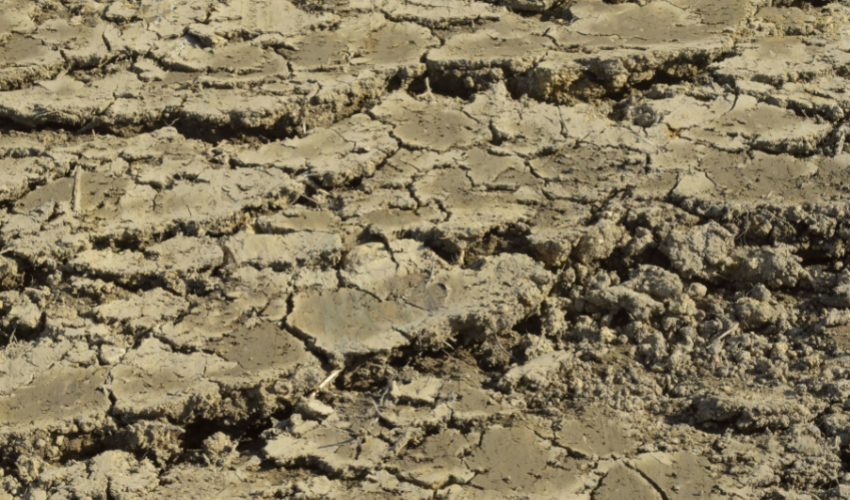
Human activities such as unsustainable farming practices, deforestation, and mining have led to soil degradation, which is negatively impacting the environment. Soil degradation reduces the productivity of agricultural land, leading to food insecurity, and can also contribute to the loss of biodiversity. Moreover, soil degradation leads to erosion, which affects water quality and quantity and increases the risk of floods.
Bullet Points
- Human activities have caused a rise in greenhouse gases, leading to global warming and climate change
- Deforestation for agriculture, timber, and infrastructure has led to habitat destruction and loss of biodiversity
- The loss of biodiversity has consequences for the ecosystem, and impacts on human health and the economy
- Water and air pollution caused by human activities have adverse effects on human health and the environment
- Waste and land pollution due to human activities have led to the accumulation of non-biodegradable materials, affecting soil fertility and causing pollution
FAQs
What are the primary causes of climate change?
The primary causes of climate change are the emission of greenhouse gases from human activities, such as burning fossil fuels, deforestation, and industrial processes.
What are the consequences of deforestation?
Deforestation can lead to soil erosion, loss of biodiversity, and habitat destruction for wildlife, including endangered species. Deforestation also contributes to climate change and global warming.
What is biodiversity loss, and how does it impact the environment?
Biodiversity loss is the decline in the variety and number of species in a particular ecosystem. It has a significant impact on the environment, leading to the disruption of ecosystems, soil degradation, and loss of valuable genetic resources.
How does pollution impact human health?
Air and water pollution can lead to respiratory and cardiovascular diseases, cancer, and birth defects. Waste and land pollution can cause soil degradation, water contamination, and exposure to toxic chemicals.
What can individuals do to reduce their impact on the environment?
Individuals can reduce their impact on the environment by reducing energy consumption. Also by using public transportation, recycling, conserving water, buying eco-friendly products, and supporting policies and businesses that prioritize sustainability.
Conclusion
The negative impacts of humans on the environment have had far-reaching consequences. Climate change, deforestation, loss of biodiversity, and pollution are some of the most significant environmental problems that we face today. These issues have not only affected the environment but also the well-being of humans and other living beings.
While the challenges are immense, it is not too late to take action. Governments, businesses, and individuals can all play a role in reducing our impact on the planet. By making changes to our daily habits and supporting initiatives that prioritize sustainability, we can create a more sustainable future for ourselves and the planet. It is essential that we act now to ensure that we leave a habitable planet for future generations.


